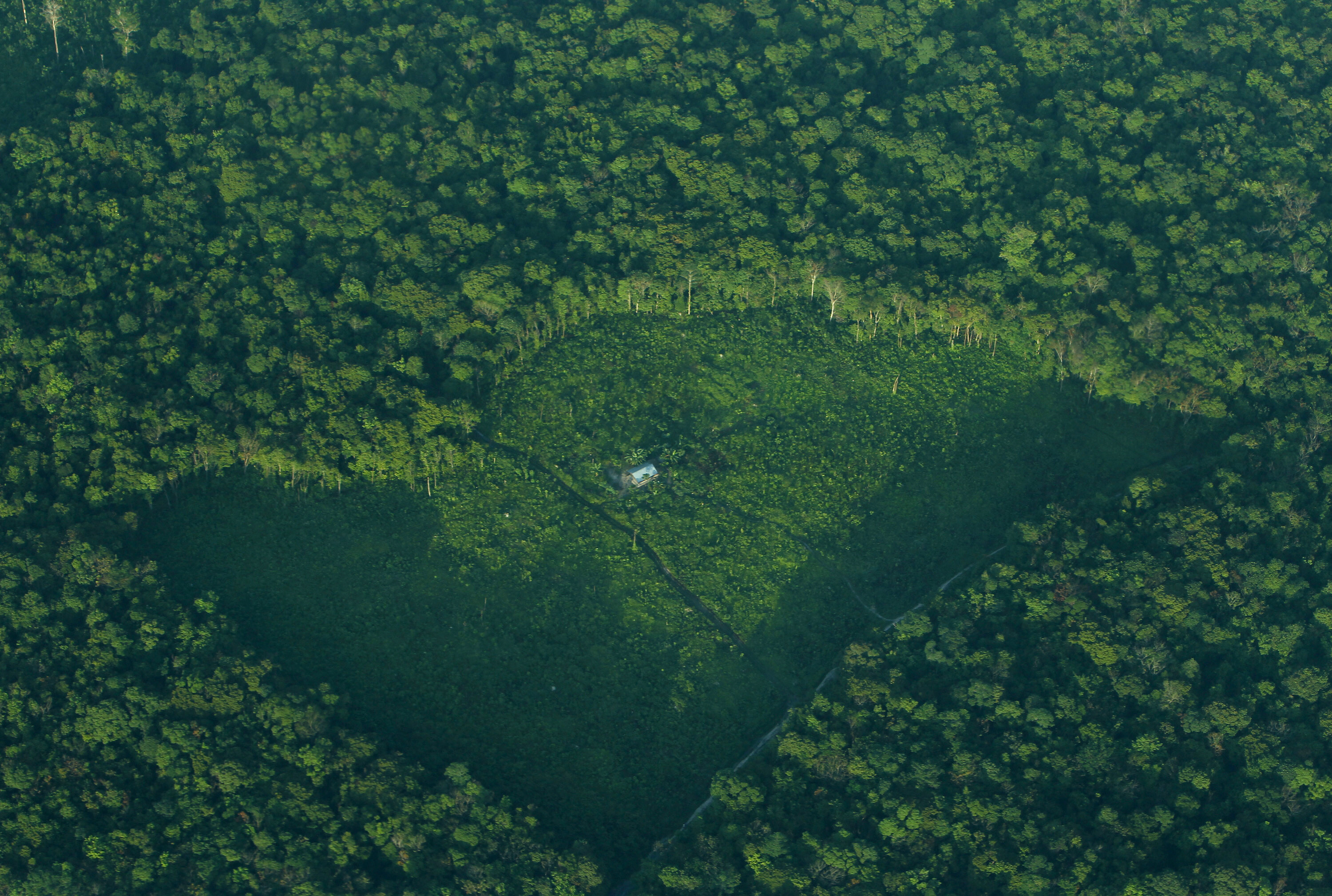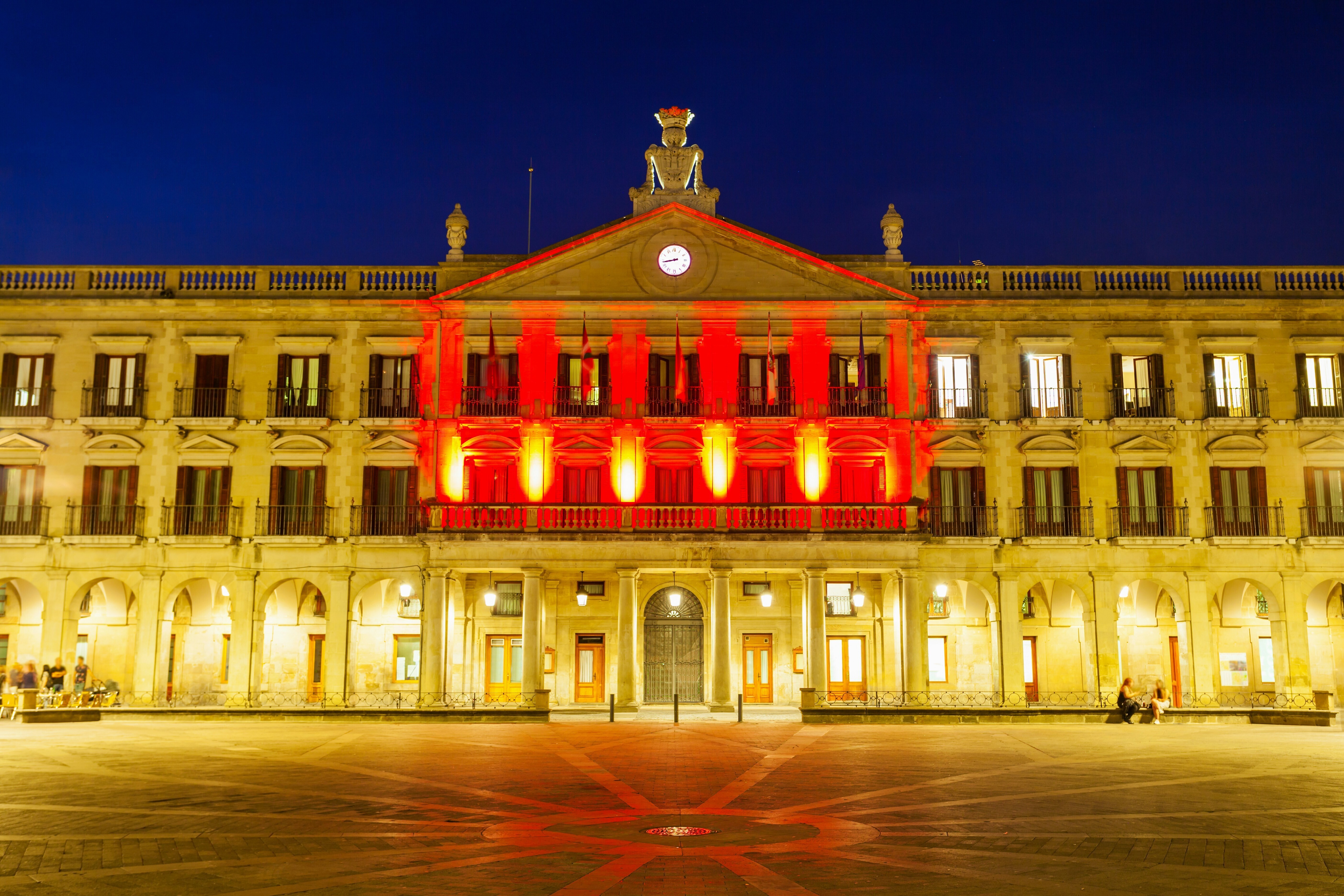Cooperation amid conflict: 5 questions for RUSI Director-General Karin von Hippel

Strengthening global cooperation is key to building a safer, healthier and more prosperous world, experts maintain.
Image: Unsplash
Stay up to date:
Global Cooperation
- Strengthening global cooperation is key to building a safer, healthier and more prosperous world, experts maintain.
- Yet conflict continues to stifle and threaten international engagement efforts.
- In the following Q&A, Royal United Services Institute Director-General Karin von Hippel details the evolving state of global cooperation.
With war continuing unabated in Ukraine and tensions rising in the Middle East, the state of global cooperation remains precarious. Yet multilateral engagement, many experts note, remains essential for ending the ongoing conflicts and ensuring a peaceful and resilient future.
As a recent white paper from the World Economic Forum, Shaping Cooperation in a Fragmented World, notes, “the current, turbulent geopolitical context in which conflict and competition are increasing has pulled stakeholders apart at the very moment that acute and ongoing global challenges demand collaborative solutions.”
One of the co-authors of the white paper is Karin von Hippel, the Director-General of the Royal United Services Institute (RUSI), an independent defence and security think tank in the United Kingdom. In the following question-and-answer, von Hippel explores the evolving state of international cooperation and the ongoing conflicts around the world.
'Rebuilding Trust' at Davos 2025
Can you describe the state of geopolitics and conflict in the world today?
“We're in a transition period where the world is becoming more multipolar, and the US no longer can shape events in the way that it did before. At the same time, we have the rise of China, and many countries are looking to China as an alternative governance model, as an alternative global leader.
“We also had a recent period, during the Trump presidency, when the US basically removed itself from any global leadership role. So whether it was a pandemic or other global crises, the US didn't play the role that it traditionally played. Now, despite the change in US leadership, many forces were let out of the bag during that period that just can't be put back in. So, today, unfortunately, we are in a much more fragmented world. We are in a less peaceful world and a more insecure world.
We're seeing more conflicts rather than fewer – and we don't know how these conflicts are going to end.
”“Moreover, today, we have two serious conflicts: one in Ukraine and one in the Middle East. There is also concern about a possible conflict in East Asia between Taiwan and China in the near future. Meanwhile, Africa has experienced seven coups in the last three years. And there's been insecurity in places like Myanmar and many other parts of the world. In some senses, it feels like one conflict is piling on top of another.
“Thus, we're seeing more conflicts rather than fewer – and we don't know how these conflicts are going to end. There doesn't seem to be an obvious path out of the Ukraine war or the conflict in Gaza.”
How has the international order changed as the influence of great powers wanes?
“What I found quite fascinating over the last few years is that we've seen a democratisation of the international system.
“After Russia invaded Ukraine, over 140 countries voted in favour of the resolution in the UN General Assembly to condemn Russian aggression. A handful of countries voted against it and then you had 35 or so countries that decided to abstain. And those countries came from all over the world – Latin America, Africa and Asia. I think this took the US and many European countries by surprise because they had always assumed that these countries would be on board with these types of condemnations.
“Now, there are a number of reasons why these countries took the stance that they did. Many decided they simply didn’t want to have to choose sides. In a sense, you could say that's a good thing, because in some ways Western countries were taking developing countries for granted and not treating them as equals. Overall, I don't see it as a bad thing that smaller countries and middle power countries are asserting themselves in ways that we haven't seen on the international scene. But in terms of the war in Ukraine, the lack of near unanimity has been a hindrance to coming together to end this war.”

How does war and conflict impact other international issues?
“Many global issues are exacerbated by conflict. And, at the same time, there are worsening crises like climate change that contribute to other security issues, such as migration. In essence, these crises have a negative spillover effect on the others.
“I think the Ukraine war showed us that it wasn't just a European conflict. Many countries were affected by the changes in fuel prices and the war's impact on food security around the world. The war was a big shock to the international system. Now we have the war between Israel and Hamas as well as the significant issue of shipping disruptions in the Red Sea. This is all having an impact on the global economy.
“Smaller conflicts being overlooked is also an issue. In September, for instance, Azerbaijan was engaged in conflict in Nagorno-Karabakh, the ethnic Armenian enclave. There has been little talk of that since. There is also a lot happening in Myanmar that is not getting as much attention as it should.
“And then there are countries in Africa like Ethiopia and Sudan where too many people are impacted by crisis and conflict. There's too much humanitarian suffering in many parts of the world, and the attention just isn't being paid to these places.”
Amid conflict, how can countries cooperate around shared challenges?
“Today, it can be quite complicated because the world is more multipolar. But we are seeing organizations (including private companies and foundations), countries and international blocs come together around certain shared issues whether they be climate change, drug trafficking or global health.
It can be quite complicated because the world is more multipolar.
”“In particular, I think we will see more coalitions forming on an ad hoc basis that are aimed at solving a specific issue. And then when that crisis is over, the coalition will disband. A great example of this model is the coalition that formed to counter the Islamic State. Approximately 80 countries and organizations came together to deal with that shared threat. And when the threat of the Islamic State waned, the coalition demobilised.
“This was an effective model because the coalition did not require large infrastructure or a permanent staff. So I think we're going to see more of that type of response going forward rather than going through the UN or more traditional organizations.”
Are you optimistic or pessimistic about the state of geopolitics in 2024?
“I read somewhere that optimists live longer than pessimists. So I try to be optimistic, but there are certain issue areas that I am pessimistic about. In particular, the ongoing conflicts in the Middle East and in Ukraine.
“I think the war between Israel and Hamas is incredibly difficult and will continue to be a major challenge. As has been the case with past wars, once a conflict starts, it becomes very difficult to end – the conflict take on a life of their own. Israel suffered a profound shock and too many civilians were killed, and of course the loss of life and the damage to infrastructure in Gaza has been far too high. It's going to be very difficult to rebuild trust, to rebuild infrastructure, to rebuild lives after this is over. It's also going to be difficult for Israel to find the security that it wants and needs as tensions rise in the region.
“And, of course, the war in Ukraine continues to endure in largely a stalemate, a war of attrition. I don't see a good way out of this war in the near future unless something extraordinary and/or decisive happens on either side.”
Accept our marketing cookies to access this content.
These cookies are currently disabled in your browser.
Don't miss any update on this topic
Create a free account and access your personalized content collection with our latest publications and analyses.
License and Republishing
World Economic Forum articles may be republished in accordance with the Creative Commons Attribution-NonCommercial-NoDerivatives 4.0 International Public License, and in accordance with our Terms of Use.
The views expressed in this article are those of the author alone and not the World Economic Forum.
Related topics:
Forum Stories newsletter
Bringing you weekly curated insights and analysis on the global issues that matter.
More on Global CooperationSee all
Jake Yu
November 10, 2025
Demet Intepe
November 10, 2025
James See
November 7, 2025
Gill Einhorn and Jack Hurd
November 5, 2025
Christie Burley and Inés Yábar
November 5, 2025
Jeff Merritt and Andras Szorenyi
November 3, 2025






